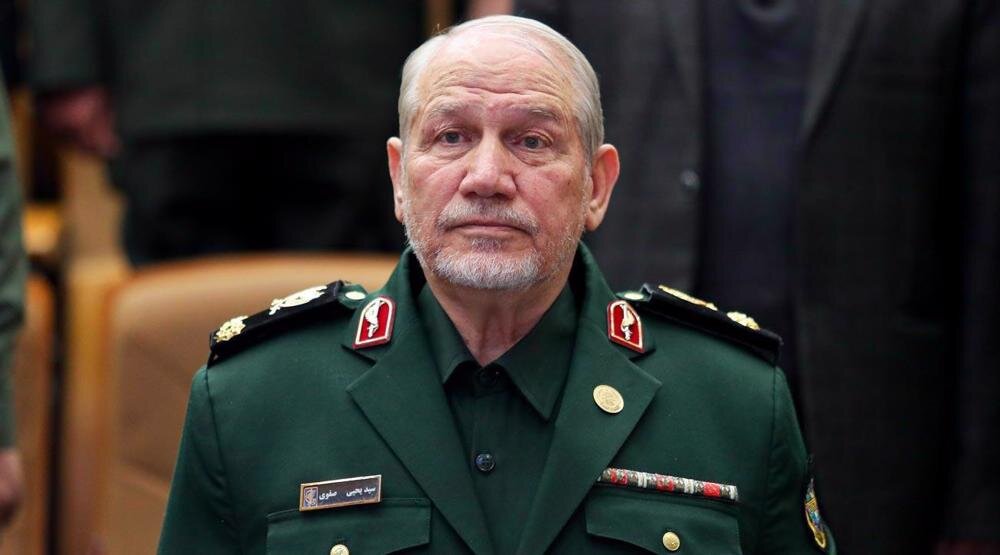Muslim nations must unite to counter global hegemony: Leader’s aide

TEHRAN – A senior military adviser to the Leader of the Islamic Revolution, Ayatollah Seyyed Ali Khamenei, has proposed that unity among Muslim nations could play a transformative role in reshaping global dynamics.
“The convergence and unity of Muslim countries, forming a Muslim power bloc, is the only way to liberate Muslim nations from the hegemony of global arrogance, particularly the United States and Israel,” Major General Yahya Rahim Safavi asserted.
The Iranian general accused the U.S. and Israel of being key drivers of instability, war, and human suffering across the region and the globe. Safavi argued that Muslim nations must prioritize sustainable security, regional peace, and self-reliance to achieve true progress and independence.
Safavi emphasized that the world is undergoing a profound geopolitical transformation, leading to the emergence of a new global order. Speaking on the subject, he stated, “The current world is in a geopolitical transitional phase, and we are witnessing the shaping of a new world order on both regional and international scales.”
According to Safavi, this evolving order is marked by the gradual decline of Western dominance and the rise of Eastern powers. He explained, “The global power system is slowly but surely shifting from the West to the East.”
Safavi highlighted the growing influence of Asian and Eurasian powers, such as China, India, Russia, and Iran. He noted that these nations are increasingly collaborating within frameworks like the Shanghai Cooperation Organization (SCO) and BRICS to challenge the unilateral dominance of the United States and its NATO allies. Their objectives, he said, include reducing global reliance on the U.S. dollar in trade and countering Western-centric policies.
The general also underscored the chaotic state of the world, attributing recent conflicts and wars to a 200-year-long struggle among global and regional powers for political, economic, and cultural dominance over strategically significant regions.
In conclusion, he called for greater collaboration and recognition among Muslim countries, stressing that their collective efforts could pave the way for a stronger, unified presence on the global stage.
